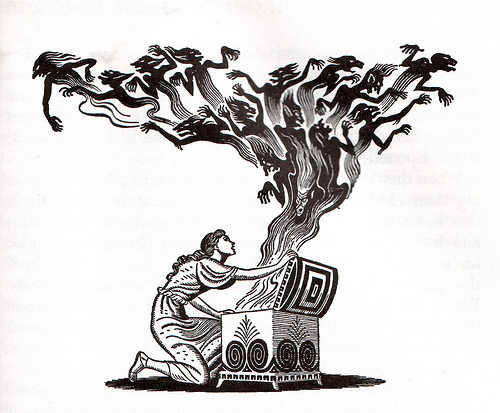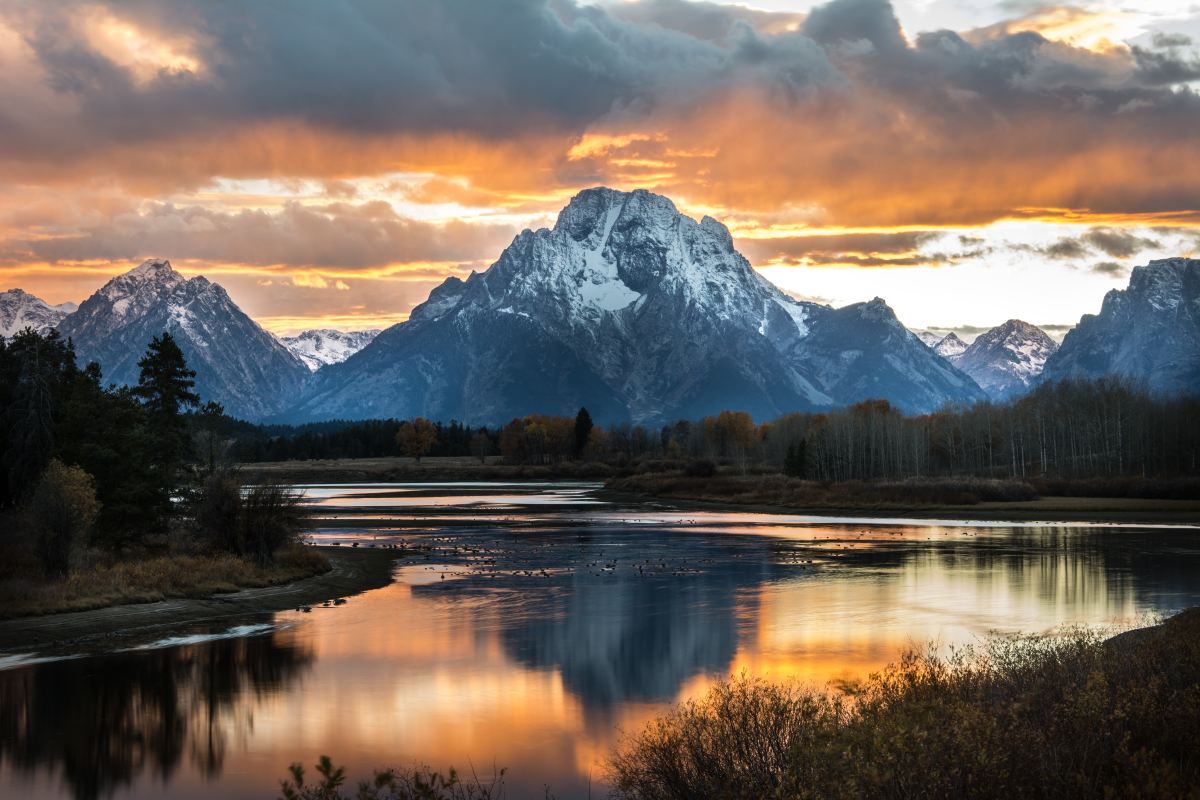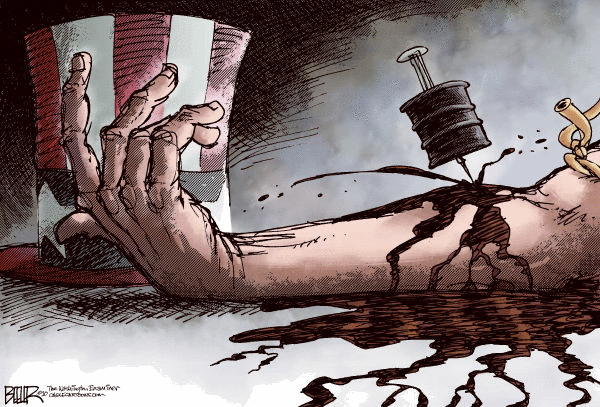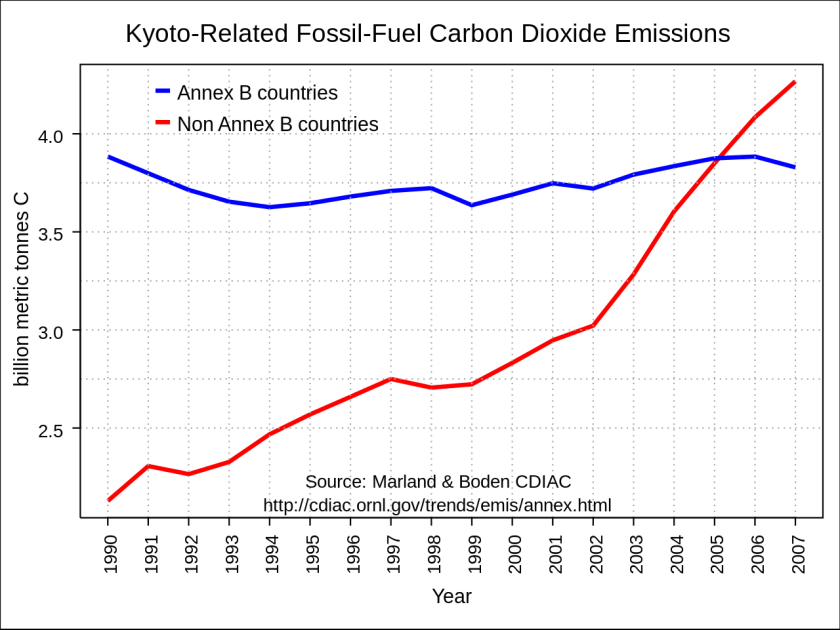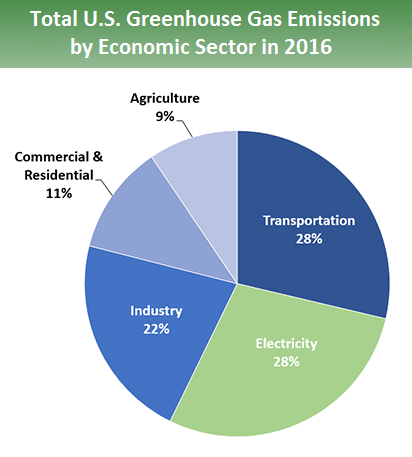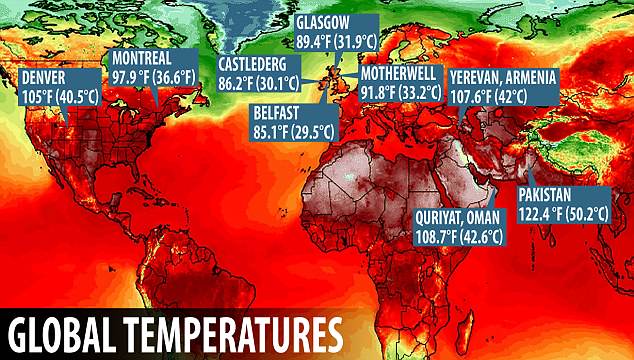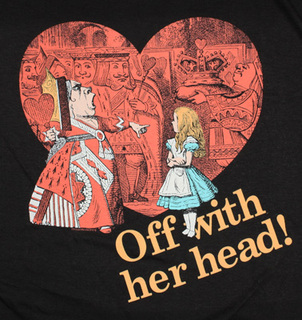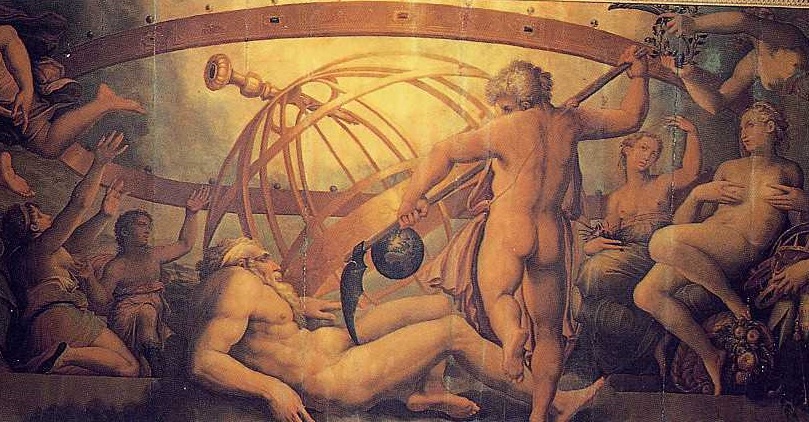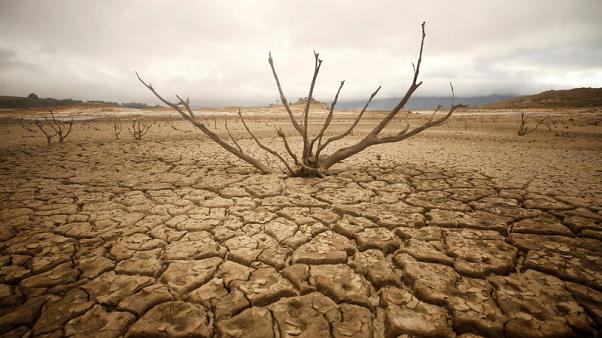Written about 3000 years ago by Greek poet Hesiod, the myth of Pandora may shed some light on humanity’s current predicament and contain a hidden clue for a better way forward.
In her ‘Short Story of Myth,’ religious scholar Karen Armstrong warns that “it is a mistake to regard myth as an inferior mode of thought that can be cast aside when human beings have attained reason. Myths give explicit shape to a reality that people sense intuitively. It is not a story told for its own sake. It shows us how we should behave. It puts us in the correct spiritual or psychological posture for right action. It helps us cope with the problematic human predicament and to find our place in the world and our true orientation. It lifts men and women onto a different plane of existence so that they see the world with new eyes. A myth, therefore, is true because it’s effective, not because it gives us factual information. If it does not give us new insight into the deeper meaning of life, it has failed. If it works, that is, if it forces us to change our minds and hearts and compels us to live more fully, it is a valid myth.”
This is exactly what we need right now: To silence the voice of reason and listen to our intuition, to see the world with new eyes and change our minds and hearts to find a new orientation. Our traditional ways of thinking, I’m afraid, are not going to cut it this time. Humankind needs a new story, fast!
We can’t solve problems by using the same kind of thinking we used when we created them. — Albert Einstein
The myth recounts how Zeus, ruler of all gods, ordered Hephaestus to fashion Pandora from clay, thereon to live among humans as punishment for Prometheus having stolen fire from the gods and gifting it to mankind.
In Hesiod’s poem ‘Work and Days,’ we read:
“To make up for the fire, I will give them an evil thing, in which they may all take their delight, embracing this evil thing of their own making.”
Thus spoke the father of men and gods, and he laughed out loud.
Then he ordered Hephaestus to shape some wet clay and to put into it a human voice and to make it look like the immortal goddesses…
And he ordered Aphrodite to shed golden charm over her head; also harsh longing and anxieties that eat away at the limbs.
And he ordered Hermes, the messenger [of the gods], to put inside her an intent that is doglike and a temperament that is stealthy.
And [Hermes] put inside her a voice, and he called this woman Pandōrā.”
Let us skirt the obvious patriarchal allusions of women being the bane of man’s existence and dig deeper to discover the symbolic meaning of Pandora.
“For us moderns,” says Karen Armstrong, “a symbol is essentially separate from unseen reality, but the Greek symballein means ‘to throw together.’ This sense of participation in the divine was essential to the mythical worldview. The purpose of a myth was to make people more fully conscious of the spiritual dimension that surrounded them.”
Famous mythologist Joseph Campbell put it this way: “The life of a mythology springs from and depends on the metaphoric vigor of its symbols. These deliver more than just an intellectual concept. The symbol, energized by metaphor, doesn’t just point to something else but awakens our consciousness to a new awareness of the inner meaning of life and reality itself.”
So what does Pandora symbolize?
We get an inkling from Hesiod’s poem. Pandora, he said, is the evil of our own making; the harsh longings and anxieties that eat away at us.
In ‘The Wisdom of the Myths,’ Luc Ferry elaborates: “Hermes gives Pandora the mind of a dog, which is to say she always asks for more than enough. She is insatiable on all levels: food, money, gifts. She always wants more… her appetite is without limit.” “Always dissatisfied, demanding, self-indulgent, she is the sum of all the contradictions of our existence,” adds Jean Pierre Vernant in ‘The Universe, the Gods, and Men.’
Sound familiar?
Ferry and Vernant could well have been describing a good chunk of consumers in affluent societies. Us, in other words.
It is through symbols that we enter emotionally into contact with our deepest selves. — Trappist monk Thomas Merton
After Hephaestus fashions Pandora from clay, the myth recounts the moment Zeus whispered in her ear tempting her to open a strange jar that the gods had given her. Commonly known as “Pandora’s Box,” it contained all the ills, all the misfortunes, and all the sufferings that would thereafter rain down on mankind.
Hesiod again:
“Before this, humanity lived on earth
without evils and without harsh labor,
without wretched diseases that give disasters to men.
But the woman took the great lid off the jar
and scattered what was inside.”
And so ended the golden age for man, just like it ended when Adam and Eve were cast from the Garden of Eden. Same story, different characters.
Let us step away from the realm of myth and into the real world to find out if humankind has ever enjoyed a “Golden Age.”
We have, of sorts, suggests Yuval Harari, author of the international bestseller ‘Sapiens.’ It lasted for 99% of the time modern humans have been on the planet when we lived as hunter-gatherers.
“On the whole,” says Harari, “foragers seem to have enjoyed a more comfortable and rewarding lifestyle than most of the peasants, shepherds, laborers, and office workers who followed in their footsteps. They were less likely to suffer from starvation or malnutrition and were generally taller and healthier than their peasant descendants. They had a varied diet so were less likely to suffer when one particular food source failed. They also suffered less from infectious diseases.”
Harari suggests that this golden era ended about ten, to fifteen thousand years ago with the Agricultural Revolution; a turning point he denounces as “history’s biggest fraud.”
“The extra food did not translate into a better diet or more leisure,” Harari says. “Rather, it translated into population explosions and pampered elites. Wheat did not give people economic security; the life a peasant is less secure than that of a hunter-gatherer. Nor could wheat offer security against human violence. On the contrary, that’s when raids began. The pursuit — through agriculture — of an easier way of life, resulted in much hardship. One of history’s few iron laws is that luxuries tend to become necessities and spawn new obligations. From the very advent of agriculture, worries about the future became major players in the theater of the human mind.”
Why did humanity make such a fateful miscalculation? Harari wonders.“For the same reason people throughout history have miscalculated,” he says. “They are unable to fathom the full consequence of their decisions.”
Since the Agricultural Revolution — ramping up during the Industrial era — humans, like did Pandora, have been endlessly lifting a dangerous lid with their voracious and insatiable “dog-like” appetites, with their greed and avarice, their self-indulgent addictions, thus unleashing on themselves and the planet one scourge after another in a plundering orgy of consumption — plagues, pollution, climate change, wildfires, wars, floods, famine, deforestation, desertification, droughts, dust bowls, etc. The latest ill to escape from the box is a deathly virus directly linked to man’s arrogant, mindless, and relentless assault on the rest of nature.
Let’s be honest. Before coronavirus, we were already infected. Only this time by a deadlier pathogen — our own befouling rapacity.
Seeing nature as nothing more than an inexhaustible source of stuff and a dumpsite for human waste, we are blind to what environmental philosopher John Muir intuited more than a century ago, that “when we try to pick out anything by itself, we find it hitched to everything else in the universe.”
An addiction is the habitual avoidance of reality, and while you’re free to avoid reality, said novelist Ayn Rand, “you cannot avoid the consequences of avoiding reality.”
Here we are, 2020, face-to-face with the first major consequence of our longstanding avoidance, and I fear it won’t be the last. This latest pandemic is but an ominous foretaste of what’s to come.

Is there hope?
Therein lies the clue in the myth of Pandora.
‘Hope,’ it so happens, was the only thing that did not escape the box when she opened the lid.
Sounds comforting, but I have a hard time with the notion of hope. It’s too fuzzy, passive, sunny and cheerful, of course, but numbing, like a shot of Pollyannaish Novocaine for the spirit. I seriously doubt prayer, candle-lighting or crossing fingers are going to alter reality, unless, we — individually, and as a species — take decisive action.
My preference, rather, is for the classic understanding of hope.
For the ancient Greeks, hope was not a gift. It was a calamity, a negative striving, for to hope was to remain in a state of want; to want what we do not have, and, consequently, to remain unsatisfied and unhappy, just like Pandora.
That’s why hope remained in the box.
Therefore, to find our way out, we must examine the root cause of our irrational behavior.
According to Buddhism, the root of suffering is neither the feeling of pain nor of sadness nor even of meaninglessness. Rather, the real root of suffering is a never-ending and pointless pursuit of ephemeral feelings which causes us to be in a constant state of tension, restlessness, and dissatisfaction. Even when experiencing pleasure we are not content because we fear the feeling might soon disappear and wish it to remain, and, ‘hopefully,’ intensify.
Was the late Neil Armstrong, whose footprint remains intact on the windless moon, happier than the nameless hunter-gatherer who 30,000 years ago left her handprint on a wall in Chauvet cave? If not, what’s the point? — Yuval Harari
“The most important finding of all,” says Harari, “is that happiness does not depend on objective conditions of either wealth, health, or even community. Rather, it depends on the correlation between objective conditions and subjective expectations,” meaning, your life as it is, compared to your expectations of how you’d like it to be, or worse, how others tell you it should be. In such constant state of want and dissatisfaction, we become easy prey to the hipnotic enticements dangled in front of our eyes by mass media and the advertising industry.
If happiness is determined by expectations, the two pillars of our society — mass media and the advertising industry — may unwittingly be depleting our reservoirs of contentment. — Yuval Harari
In an earlier piece, I included a sobering indictment by German philosopher Theodor Adorno warning pointing at how capitalism craftily repackages our longings so that we end up forgetting what we truly need and settle instead for desires manufactured by corporations with no interest in our well-being. “The hidden persuaders of capitalism,” further observed social critic Vance Packard, “see us as bundles of daydreams, misty hidden yearnings, guilt complexes, and irrational emotional blockages. We are image lovers given to impulsive and compulsive acts. We annoy them with our senseless quirks but please them with our growing docility in responding to their manipulation of symbols that stir us to action.”
Fuck that!
I say it’s time to revolt!
Time to take arms against our collective delusions and irrational emotional blockages! Time to recover from our addictions and define our own standards of success, worth, attractiveness, and well-being! Time to stop lifting the lid off Pandora’s box and cease our relentless assault on the natural world just to satisfy our caprices, ease our insecurities, and feed our insatiable appetites! Time to choose between continuing our covetous existence as human-havings, or start living as who we’re meant to be — human beings.
Covid-19 has sent us on a collective time out. Perhaps our last chance to forge a new path forward. Why not seize the moment? What’s there to lose? As it is, the world-as-we-knew-it is in shambles.
“Cracks in the foundations of life narratives can have the surprising effect of clearing space for unforeseeable developments,” suggests philosopher Gabriel Rockhill. “Like the seeds that sprout in toxic soil or push through slabs of oppressive concrete, re-emergence and reinvention become possible.”
“The Homo Sapiens regime on earth has so far produced little we can be proud of,” Harari laments. “We seem as disoriented as ever. We have advanced from canoes to galleys to steamships to space shuttles — but nobody knows where we are going. Self-made gods — with only the laws of physics to keep us company — we are accountable to no one. Is there anything more dangerous than dissatisfied and irresponsible gods who don’t know what they want?”
You act like mortals in all you fear, and like immortals in all you desire. — Stoic philosopher Seneca
I’m not suggesting we go back to a hunter-gatherer existence. That would be as impractical and unsustainable as staying the course. I am simply proposing we slow down, that we become more embedded and dependent on our local communities for our sustenance, contentment, and sense of belonging; that we rewild ourselves, especially our children, to heal the rift we’ve caused between us and the rest of nature; that we listen to our youth and dare become infected with their idealism and divergent-thinking magic. Finally, that we focus on what we truly need rather than on what we desire and limit our consumption within the regenerative capacity of the environment.
In ‘Faustian Economics,’ author Wendell Berry proposes that “to recover from our disease of limitless consumption, we will have to give up the idea that we have a right to be godlike animals, that we are potentially omniscient and omnipotent. We will have to start over, with a different and much older premise: the naturalness and necessity of limits. We must learn again to ask how we can make the most of what we are, what we have, what we have been given. We will have to reexamine the economic structures of our lives and conform them to the tolerances and limits of our earthly places.”
Only then do we stand a chance.
We need a new story. A daring story of self-revolt!
The enemy is us — a group of deranged, godlike primates whom we must topple from their hubristic throne before it’s too late.
